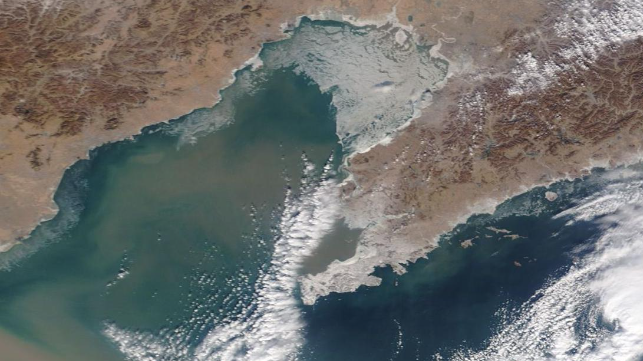As Cold Snap Raises Energy Demand in N. China, Ice Clogs Bohai Bay

As record-setting winter cold sends power and heating demand soaring in Northern China, the same weather system is freezing up Bohai Bay, raising risk for vessels delivering much-needed coal and LNG.
The region is already experiencing challenges in meeting its energy requirements. Last week, the port of Qingdao recorded its lowest temperature on record, and Beijing's air temperatures hit a multi-decade low as well.
“The sea ice situation is more severe this year than the same period in previous years,” said Prof. Wang Jun of Dalian Maritime University, speaking to Reuters. “It could impede sailing and docking for vessels, no matter how big they are.”
Leading P&I clubs have cautioned shipowners to exercise caution in ports that could be affected by ice risk in the bay and along the Liaodong Peninsula. "Suitable ice clauses should be included in the charter party wherever there is a possibility that a vessel may be directed to a port that may be ice-bound," warned London P&I Club.

that matters most
Get the latest maritime news delivered to your inbox daily.
"According to the current forecast, in the following week, the ice condition will further develop, and the floating ice will reach 50 miles in Liaodong Bay, 10-15 miles in Bohai Bay and Laizhou Bay, and 10-20 miles in north Huanghai Sea," cautioned Oasis P&I Club. The freeze-up is near to the levels that could trigger temporary shipping movement bans, according to Reuters.
The cold (combined with Chinese government restrictions on coal) is also helping to supercharge demand for LNG carriers, which are now commanding unprecedented six-figure day rates.
